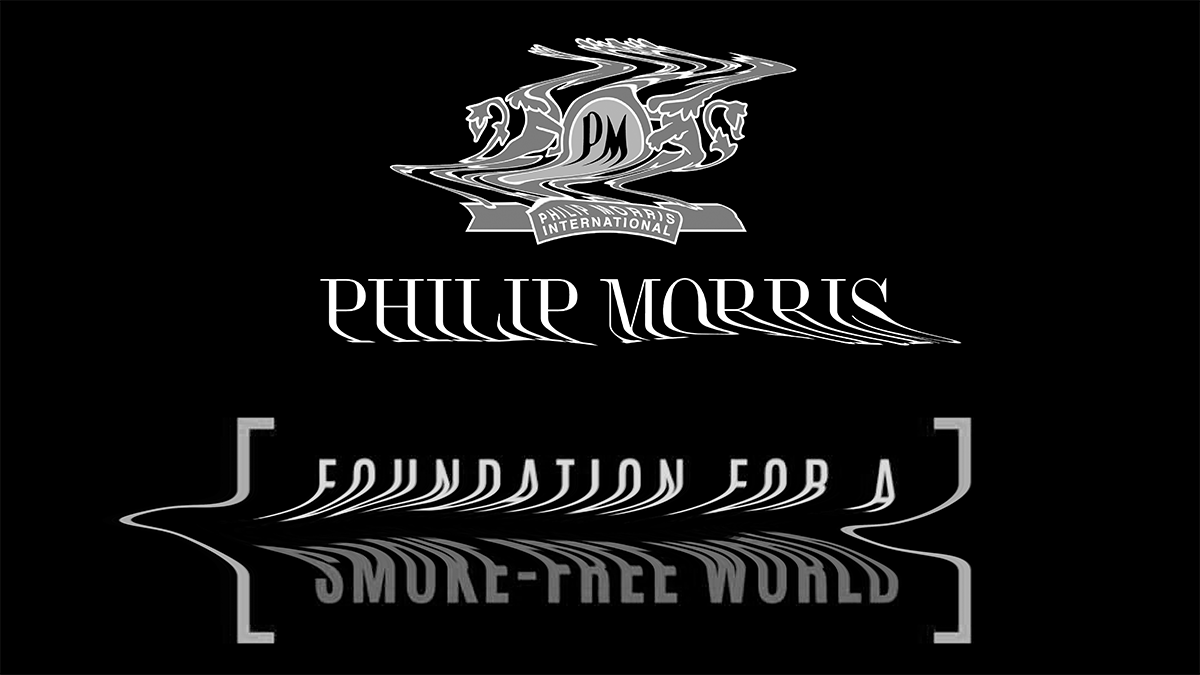- Resources
- News
-
-
Get Email Updates
Sign up for STOP's newsletter and never miss an update on our latest work and the tobacco industry's activity.
-
Get Funding
Ready to tackle industry interference? You could be eligible for a grant.
-
Share a Tip
Do you have information on tobacco industry misconduct in your country? Let us know.
-
Get Email Updates
Business of Tobacco
August 13, 2021

Shareholders of UK inhaled medicines and devices maker, Vectura, must reject proposed takeover by tobacco giant Philip Morris International
(New York, August 13, 2021) – Yesterday, directors at United Kingdom inhaled medicines and devices maker, Vectura, unanimously recommended that its shareholders accept a takeover bid from tobacco giant, Philip Morris International (PMI). This deal serves PMI’s interests, not the interests of health, Vectura or its customers.
Beyond the profound hypocrisy of a tobacco company selling asthma medicine, Vectura would be presented with a material risk, should it become part of PMI. It will be barred from meeting the UK’s Department of Health and Social Care and the National Health Service, under Article 5.3 of an international treaty, the World Health Organization Framework Convention on Tobacco Control.
Already, doctors and charities around the world, as well as UK politicians have raised serious concerns about the prospective takeover. If it goes ahead, some academic institutions will no longer work with Vectura and it will find it more difficult to publish research. Healthcare bodies have also warned the move could threaten Vectura’s access to grants and scientific conferences. Being treated as part of a tobacco company will potentially threaten Vectura’s viability and market value.
The policies that will exclude Vectura are designed to protect public health and independent science from an industry that peddles harmful products and misinformation. If shareholders vote to accept the deal, we will see a tobacco company profiting twice from a tobacco epidemic of its making—once through the sale of cigarettes, and again through the sale of products that treat conditions caused by smoking. Meanwhile, governments, health systems and consumers pay the price. This should be untenable for any organization or investor committed to socially responsible or sustainable investment, who will continue to avoid tobacco stocks.
PMI’s PR message obscures the reality
The Vectura board’s acceptance of PMI’s bid is at odds with its workforce wanting to “Do the right thing.” In recommending the deal to shareholders, Vectura’s board is indirectly promoting PMI’s spin that it is transitioning away from tobacco, instead of a company that continues to sell hundreds of billions of cigarettes around the world, every year. Even now, PMI is bidding for the license for a new cigarette factory in Egypt. Meanwhile, PMI’s ‘transformation’ PR message aims to improve the company’s image, secure access to policymakers, appeal to sustainable investors, and distract attention from proven measures to reduce tobacco use.
In recent years, PMI has spent millions of dollars on this ‘transformation’ narrative. But a recent STOP analysis suggests that the company is continuing to create addicts through its own inhalable product, IQOS – primarily in countries where smoking rates fell thanks to strong health policies – because its cigarette business is under threat. The company’s survival depends on hooking a new generation of users, including youth, to products that are far from harmless to health. What’s more, over 50% of the people interested in IQOS are those who have never smoked, making it a gateway product for nicotine addiction and potential subsequent cigarette use. In the decades ahead, as PMI talks about some distant, theoretical ‘transformation’ while continuing to sell cigarettes, millions of people will become addicted and die as a result of tobacco use.
Vectura risks becoming PMI’s pawn
In its bid, PMI has reportedly failed to provide details of how it plans to operate Vectura as an “autonomous business unit” and its promises of Vectura’s independence and an increase in the company’s spending on research and development appear to be entirely non-binding.
The PMI-funded Foundation for a Smoke-Free World (FSFW) shows that even when parameters are set, any relationship operates in PMI’s favor. A recent lawsuit by a former employee claimed that FSFW is closely aligned with PMI’s strategic interests, a challenge which appears to be supported by other evidence. Vectura, and other companies PMI has recently acquired, could end up as an expensive pawn in PMI’s wider strategic game, sacrificing the credibility of its products and employees it has built up over the years.
Buying a health company, or even several, does not make PMI a health business – it should not be permitted to confuse policymakers and the public. It’s still a company selling addictive products that contribute to more than 8 million deaths every year.
By saying no to this takeover bid, Vectura’s shareholders have an opportunity to stand up against Big Tobacco and protect the long-term interests of Vectura, its 250 dedicated staff who have not chosen to work for Big Tobacco, its customers and shareholders.
And as governments seek to fund COVID recovery, they may want to consider that PMI proposes to pay for this US$1.5 billion deal in cash. As STOP’s Tobacco Pay Up campaign asserts, governments can hold tobacco companies, including PMI, liable for the health and environmental costs associated with their products. That would be a far better use of PMI’s profits, gained at the expense of people and our planet.
Please contact the STOP press office for more information or to speak to a STOP spokesperson.
About STOP (Stopping Tobacco Organizations and Products)
STOP is a global tobacco industry watchdog whose mission is to expose the tobacco industry strategies and tactics that undermine public health. STOP is funded by Bloomberg Philanthropies and comprised of a partnership between The Tobacco Control Research Group at the University of Bath, The Global Center for Good Governance in Tobacco Control (GGTC), the International Union Against Tuberculosis and Lung Disease (The Union) and Vital Strategies. For more information, visit exposetobacco.org.


